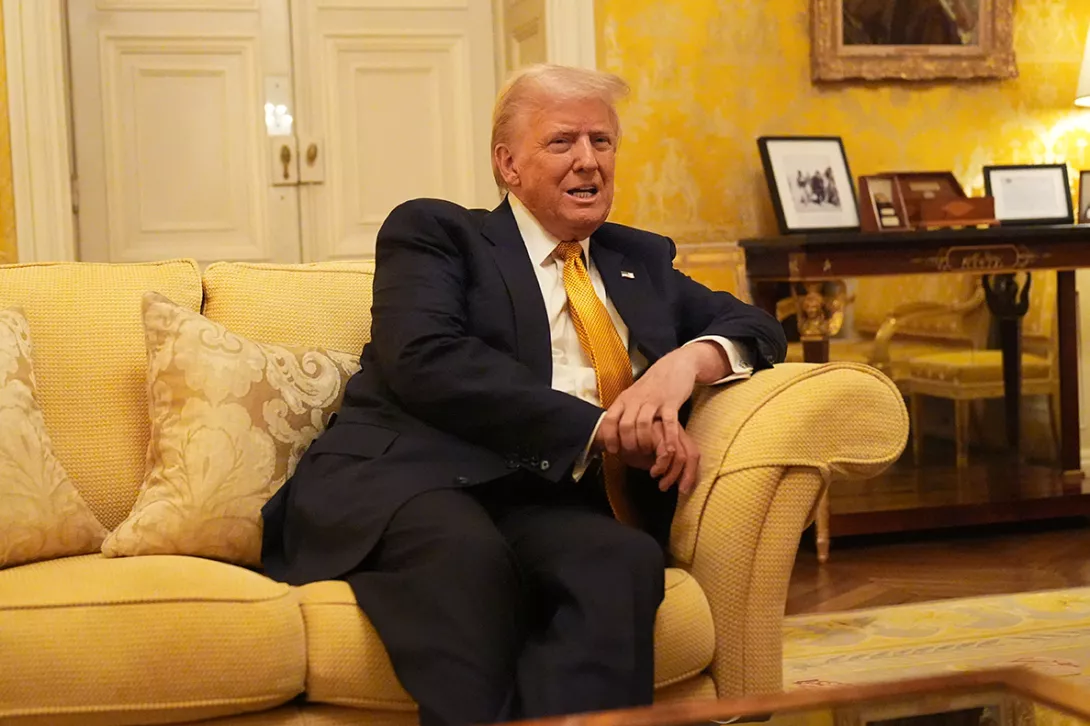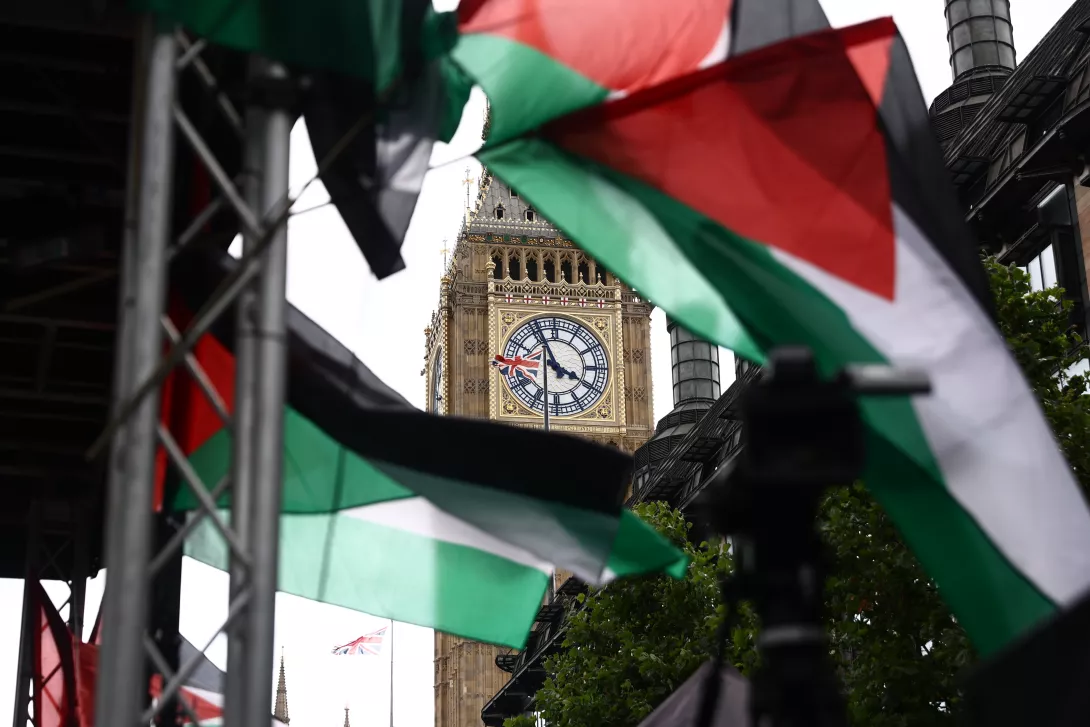Gaza: what did you do in the war?
As the slaughter in Palestine continues and the solidarity movement’s calls for accountability and a shift in international policy grow, political leaders must realise they face a reckoning for their silence, writes HUGH LANNING
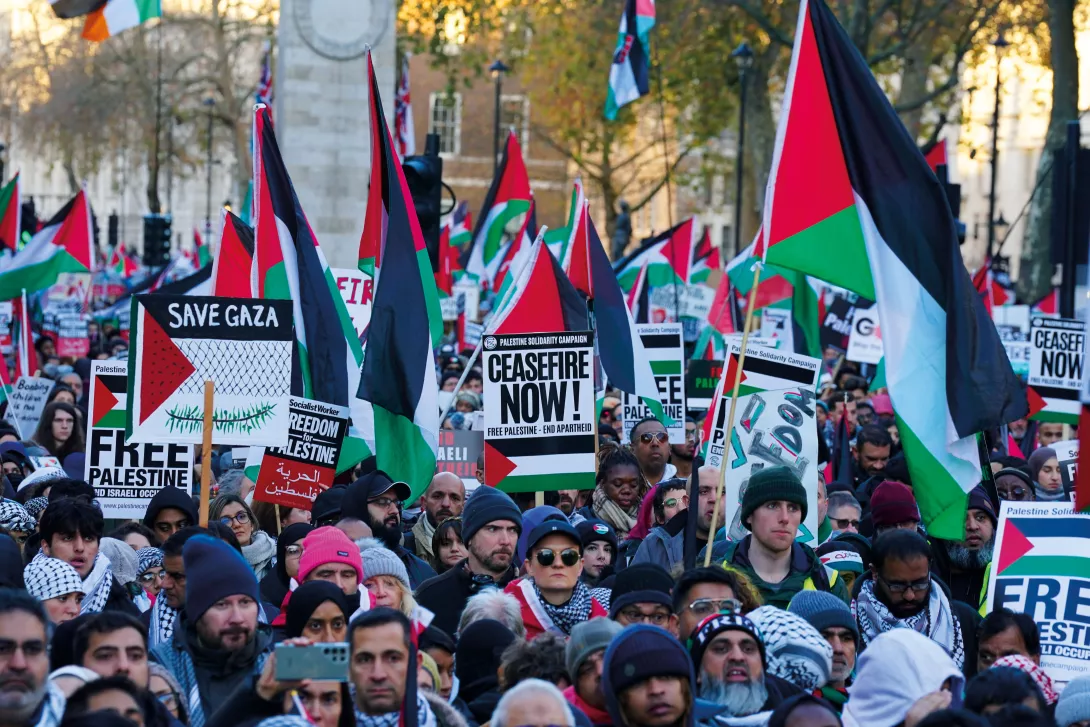
“IT is exhausting living in a population where people don’t speak up if what they witness doesn’t directly threaten them.” So said the US painter and Aids activist David Wojnarowicz when Western governments were told that “silence = death” during that epidemic.
And just as the Western world was rightly charged with remaining silent during the Holocaust, Israel’s war on Gaza will haunt today’s generation of political leaders in Britain and across the globe.
They will be judged by what they did and didn’t do: failure to call for an immediate ceasefire, continuing to supply arms and supporting the industrial carnage in Gaza in the name of self-defence.
More from this author
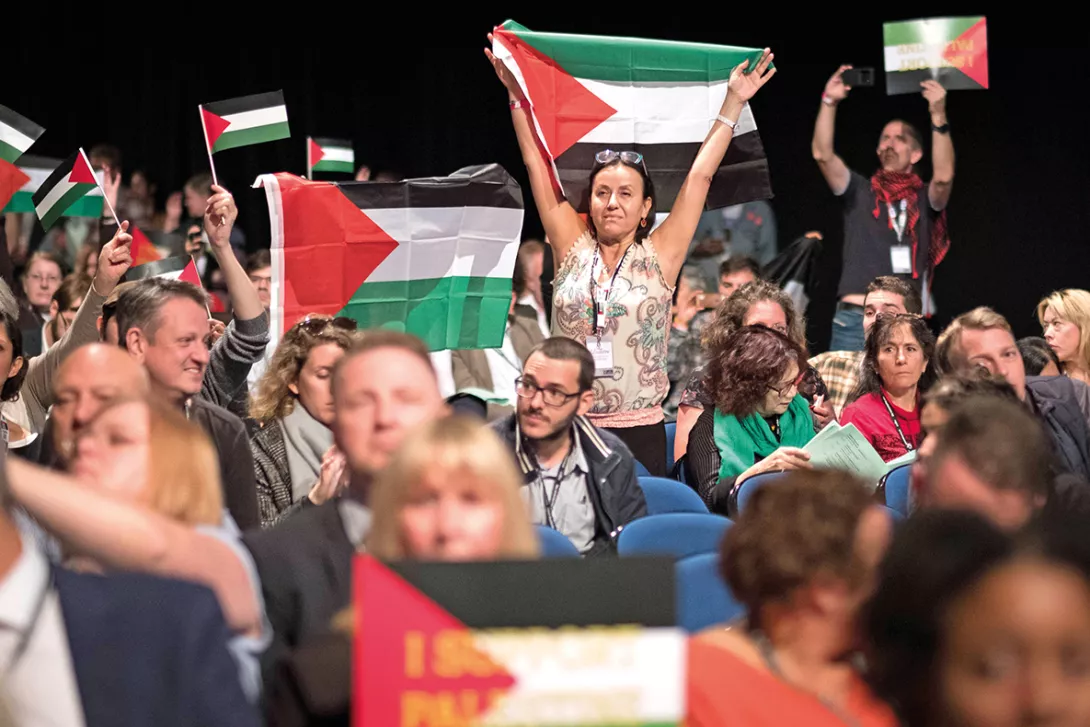
Labour must recognise Israel’s true aims of total colonisation of Palestine and massive regional expansion — and therefore end the arms sales and trade deals that enable the destruction of any two-state solution, writes HUGH LANNING
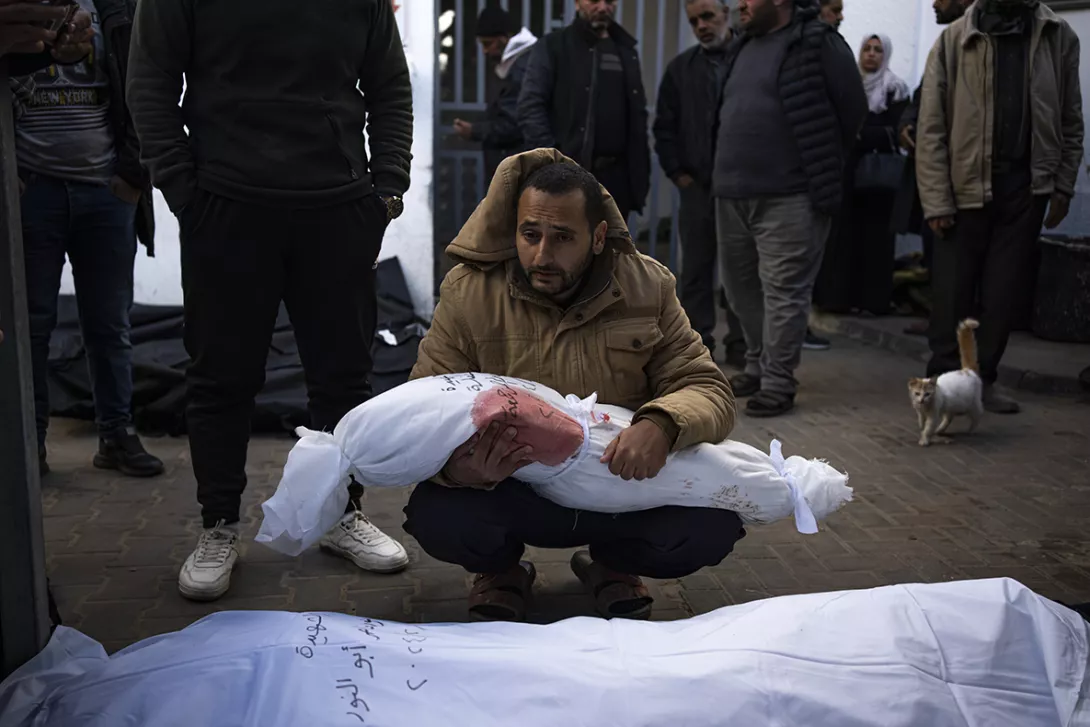
We can never overestimate the power of Israeli think tanks to orchestrate campaigns anywhere in the world to discredit critics, manipulate media, and stifle opposition — even during the era of live-streamed genocide, warns HUGH LANNING
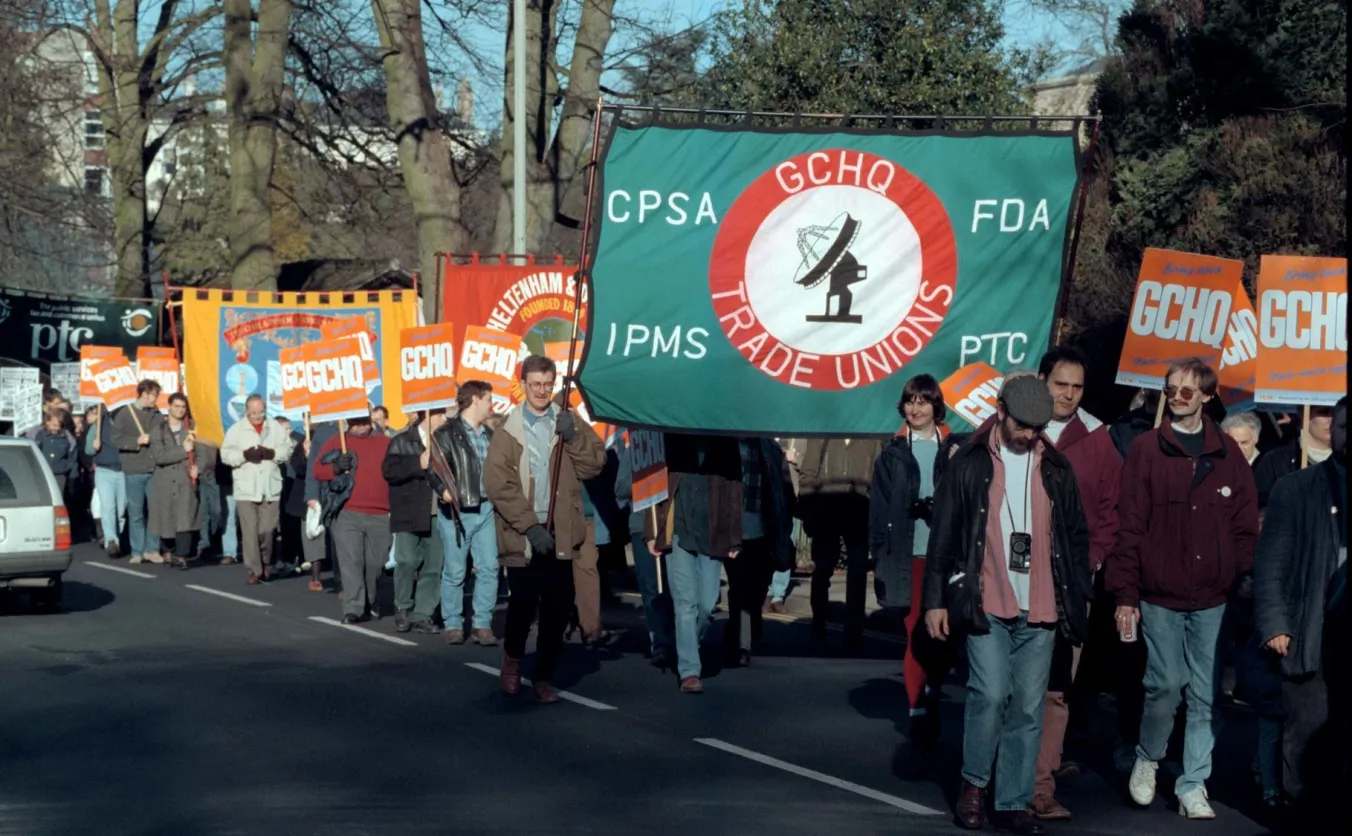
Ahead of next weekend’s march and rally, HUGH LANNING explains why the GCHQ struggle and eventual victory means so much to the British labour movement
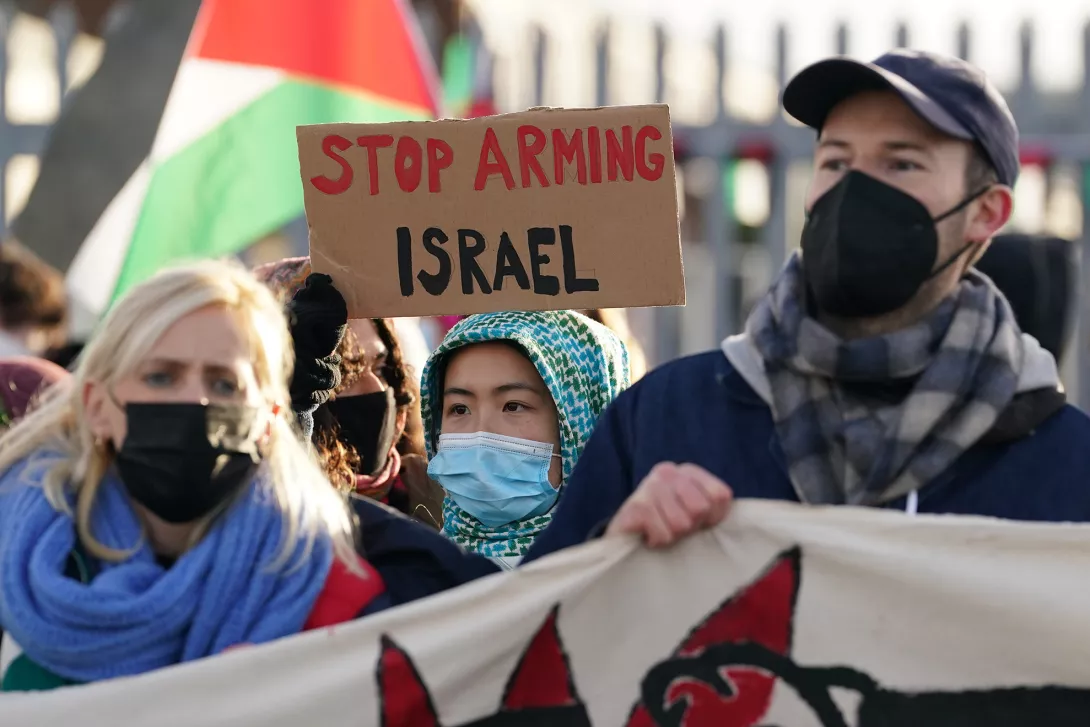
HUGH LANNING on why our new year task and resolution must be to turn the massive public support and sympathy for Palestine into a veritable political tsunami to shift Western politics
Similar stories
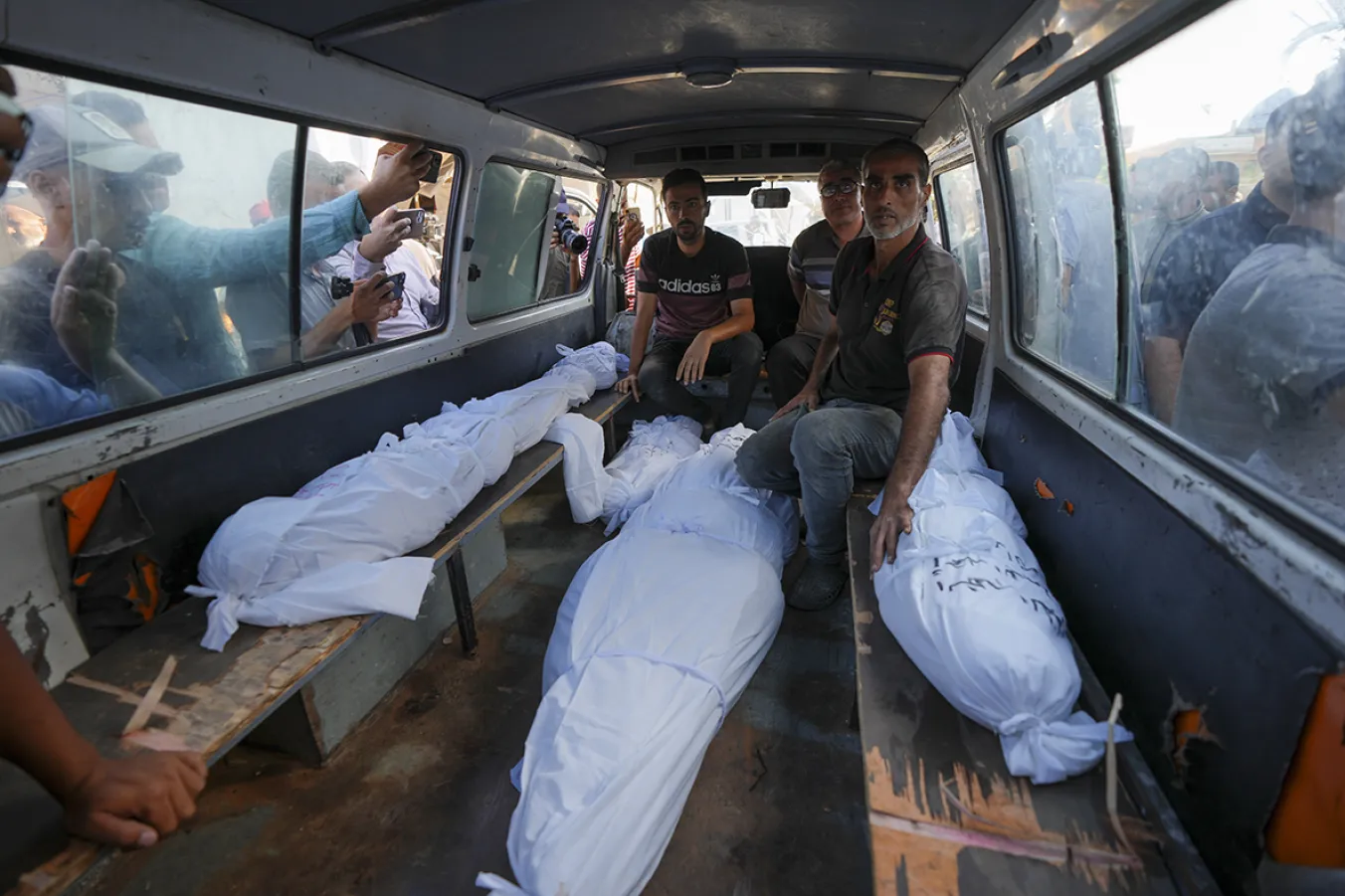
In a fringe speech for the Labour & Palestine campaign group, MATT WILLGRESS contrasts the government’s inaction with the TUC’s demands, calling for recognition of Palestine, an arms embargo and concrete steps to hold Israel accountable

Labour must recognise Israel’s true aims of total colonisation of Palestine and massive regional expansion — and therefore end the arms sales and trade deals that enable the destruction of any two-state solution, writes HUGH LANNING
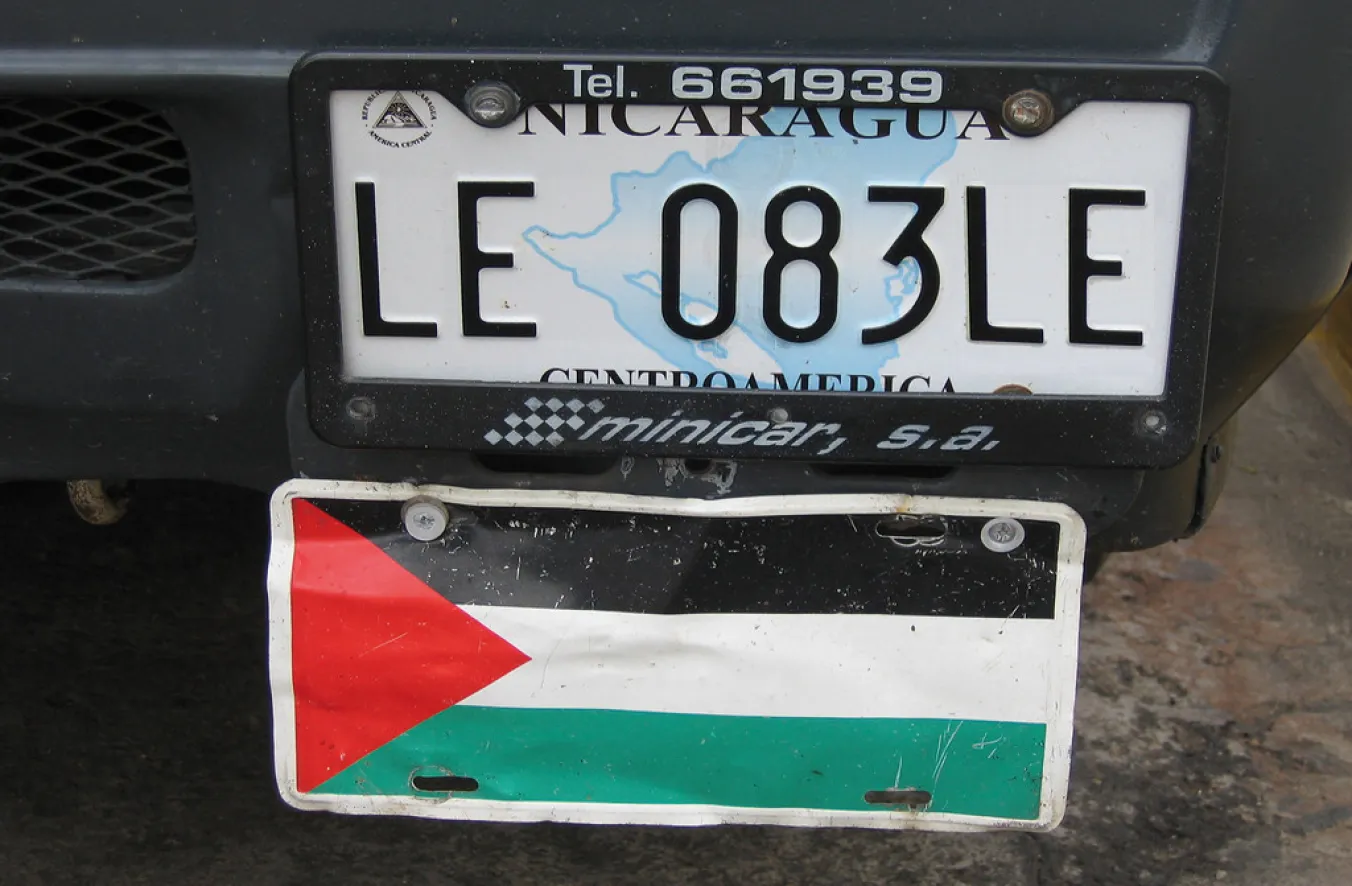
The Nicaragua Solidarity Campaign Action Group's HELEN YUILL tells the story of solidarity between two small nations, that despite geographical distances, that have united in their struggle against imperialism and colonialism


